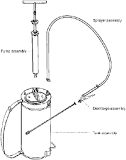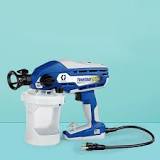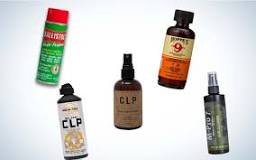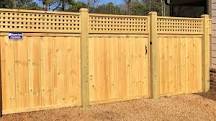Absolutely, you can put vinegar in a pump sprayer! Vinegar is a versatile liquid that works great for cleaning and gardening tasks. However, there are some important things to keep in mind before you start spraying away.
Why Use Vinegar in a Pump Sprayer?
Using vinegar in a pump sprayer can make your cleaning or gardening jobs a lot easier. Here’s why:
Cleaning Power
Vinegar is a natural disinfectant. It can help cut through grime, grease, and even mold. When you spray it on surfaces, it can effectively break down tough stains and odors.
Eco-Friendly
If you’re looking for a more environmentally friendly option, vinegar is your go-to. It’s non-toxic and biodegradable, making it safe for both your home and the planet.
Cost-Effective
Let’s face it: cleaning products can get pricey. Vinegar is super affordable and often just as effective as those fancy cleaners.
Things to Consider
While using vinegar in a pump sprayer has its perks, there are some caveats to keep in mind:
Dilution Matters
Depending on what you’re cleaning or treating, you might need to dilute the vinegar with water. A common ratio is 1 part vinegar to 1 part water, but this can vary based on your needs.
Material Compatibility
Not all surfaces love vinegar. Be cautious when using it on natural stone like granite or marble, as it can cause etching. Always test a small area first!
Pump Sprayer Type
Make sure your pump sprayer is compatible with acidic solutions like vinegar. Some materials may degrade over time due to the acidity.
Summary
So, yes, you can definitely use vinegar in a pump sprayer! Just remember to dilute it if needed, check the compatibility with the surfaces you’re treating, and ensure your sprayer can handle it. With these tips in mind, you’ll be set to tackle those cleaning or gardening tasks like a pro!
FAQ
Can I use vinegar for weed control in my garden?
Absolutely! Vinegar can be an effective weed killer due to its acetic acid content. Just spray it directly on the leaves of unwanted plants for best results.
Will using vinegar damage my pump sprayer?
It depends on the material of your sprayer. Most plastic sprayers handle vinegar just fine, but metal parts might corrode over time. Always check the manufacturer’s guidelines!
How do I clean my pump sprayer after using vinegar?
Rinse your pump sprayer thoroughly with water after using vinegar. This helps prevent any residue buildup and keeps your sprayer in good shape for future use.
Can I mix vinegar with other cleaning agents?
Be careful with this one! Mixing vinegar with bleach creates toxic chlorine gas. Stick to using it alone or with water for safe cleaning.







